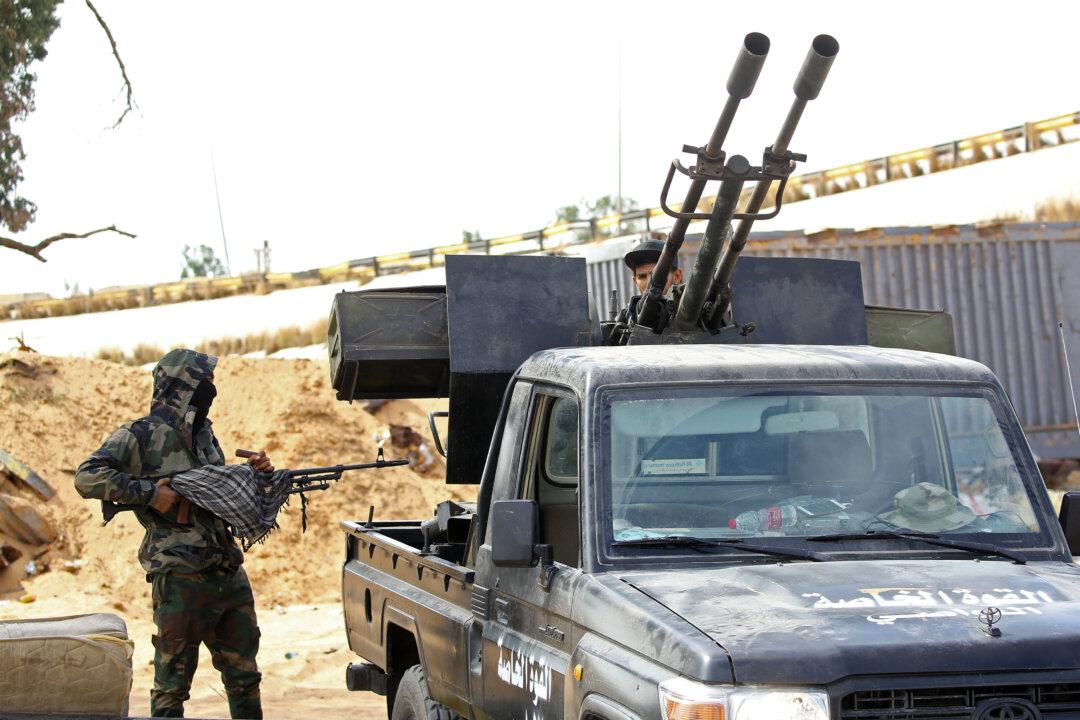Attorneys from the Southern District of New York have submitted documents showing that Patrick Ho Chi-ping, a Hong Kong representative of China’s CEFC who was arrested by U.S. authorities in 2017, skirted sanctions by selling weapons to buyers in Libya, South Sudan, Qatar, and other countries.
On Oct. 2, U.S. Attorney Geoffrey S. Berman, three assistant attorneys, the acting chief of Fraud Section Criminal Division, and a trial attorney submitted a 32-page document with evidence of Ho’s activities to the district court. Ho is a Hong Kong businessman, ophthalmologist, former secretary for home affairs of the Hong Kong Special Administrative Region (HKSAR) government and a member of the Chinese Communist Party’s People’s Political Consultative Conference.





